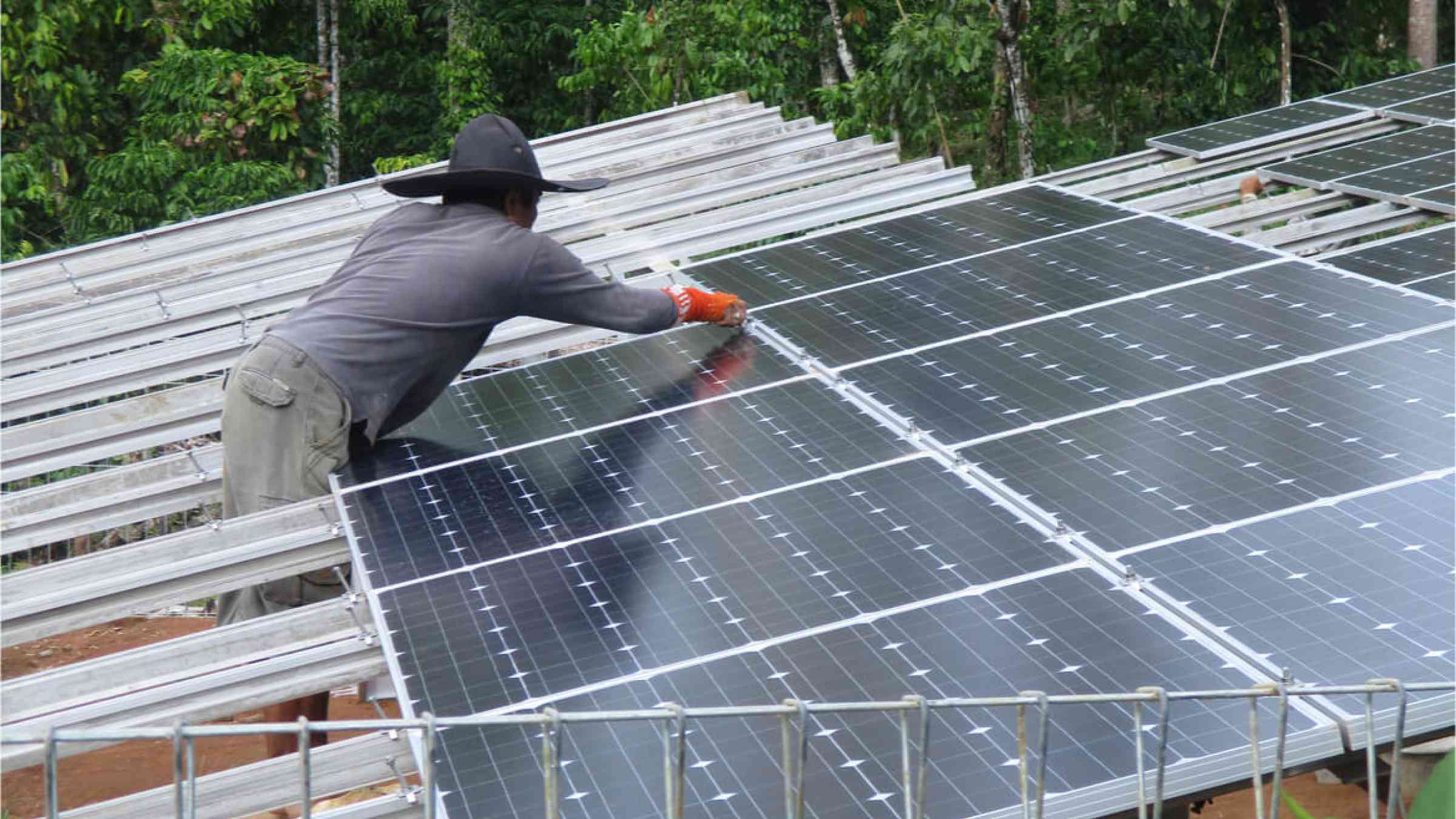WRC5 Technical Session: Green Recovery
Watch this session on-demand
The session will address how the environment can be brought back into the recovery agenda. The world has gone through an unprecedented pandemic which affected not only every country but also every domain of human activity. With economic activities curtailed due to health-related restrictions, environmental issues took a backseat across the world. For example, the use of single use plastic exploded around the world, while many governments which were committed to take strong action on single use plastic had to either stop enforcing legislation or delay their introductions.
Countries have planned and are implementing post COVID recovery and stimulus packages around the world. However, the focus remains on livelihoods and employment creation, and environment is once again not a priority. For example, green recovery measures are still a small component of total COVID-19 spending (only 21% of recovery spending, or around 4% of rescue and recovery spending combined). Significant funds are still allocated to measures with likely environmentally negative and mixed impacts.
Session objectives
- To discuss the challenges and opportunities presented by disasters and the post-COVID pandemic recovery for mainstreaming environmental considerations
- To present country examples of environmental challenges as well as opportunities and best practices for mainstreaming environmental considerations in recovery programmes
Moderator
- Ms. Paula Padrino, United Nations Environment Programme
Speakers
- Ms. Sumitra Amatya, Secretary, Leadership for Environment and Development, Nepal
- Mr K. N Balagopal, Minister of Finance, Kerala, India
- Ms. Zita Sebesvari, Deputy Director of UNU Institute for Environment and Human Security (UNU-EHS)
- Mr. Cristian Usfinit, Team Leader, Resilience and Reconstruction Unit, United Nations Development Programme Indonesia
Learn more
Where do we stand
During 2020, the lockdowns and decline in economic activity reduced overall plastics use by about 2% from 2019 levels, mostly for large-scale industrial sectors such as motor vehicles, and construction. But overall, this reduction was substantially smaller than the decline in total economic activity. At the same time, the use of medical and protective equipment as well as single-use plastics increased considerably during the pandemic, and exacerbated plastic littering, the build-up of which will continue for decades to come. Relative to 2019, global plastics use increased by 0.3 Mt in 2020 in the health and social work sector, and by 0.2 Mt in the pharmaceuticals sector. Plastics use for face masks is estimated to represent 300 kilotonnes in 2020 linked to the production of some 126 billion masks. In other sectors like food services and retail, the shift towards take-away, food delivery and e-commerce all increased demand for plastic packaging.
Session guiding questions
- How have disasters, including the COVID19 pandemic, affect the environmental management as well as environmental policy agenda/objectives?
- How can we ensure that the post-disaster economic recovery activities, including from the COVID-19 pandemic, are “green” including mainstreaming environmental concerns into the recovery packages?
- How can we direct some of the recovery funds into green domains, such as renewable energy, waste management, and nature-based solutions, so that recovery actions contribute towards green jobs creation, disaster and climate resilience and sustainable development?

Agenda
Location
BICC First Floor
Online access
Participation
Open to those registered for the conferenceInterpretation
EN, FR, ESDetails
Contact
Paula Padrino Vilela paula.padrinovilela1@un.org; Joana Sampainho joana.sampainho@undp.org